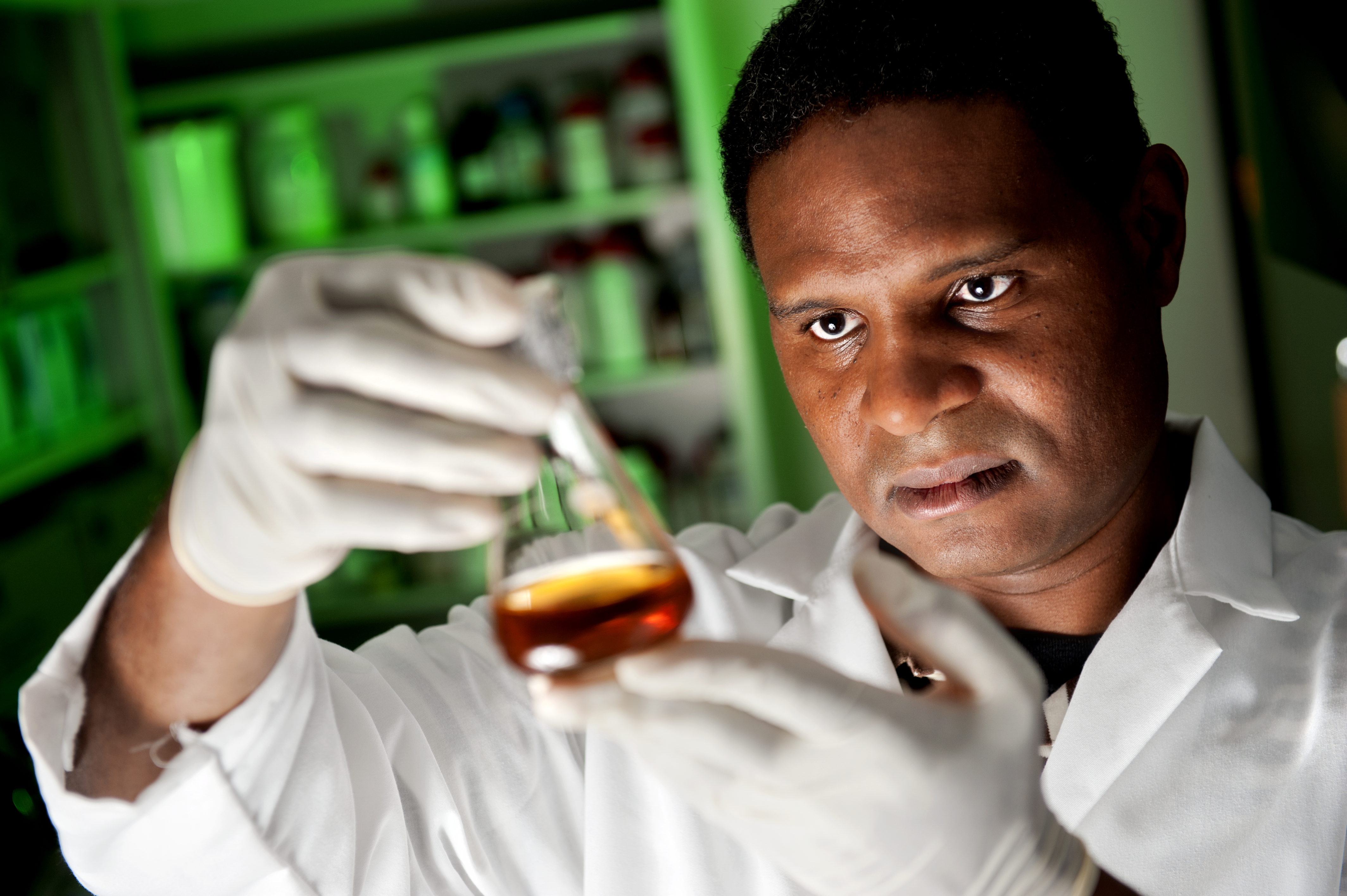Virginia Tech researcher tries to knock out sleeping sickness

Not many people in the United States think about the tsetse fly, much less the sleeping sickness infection it carries.
But in 37 countries in sub-Saharan Africa — a footprint of land as big as the U.S. — the disease infects hundreds of thousands of people each year and puts a stranglehold on the impoverished region’s economy.
Domesticated animals also die from the parasite, which delivers a tremendous blow to the agricultural economies of these countries because they can’t raise livestock to sell.
“No other disease that I know of can affect the ecology of an entire continent the way this does,” said Zac Mackey, an assistant professor of biochemistry in the College of Agriculture and Life Sciences and an affiliated faculty member with the Fralin Life Science Institute. Mackey is investigating new ways to develop drugs to combat the sleeping sickness parasite.
If Mackey’s research is fruitful, it could help buoy an entire region.
Though drugs are currently available to treat sleeping sickness, they can cost up to 300 times the monthly salary of those afflicted. Reports suggest that as many as 300,000 people in Africa are affected by the parasite annually, but up to 80 percent of cases go unreported. Countless die from the relentless infection that spreads through the body and causes the brain to swell, inducing the symptoms of daytime exhaustion for which it is named. The antiquated drugs that are available cause major side effects that can cause serious damage, including heart and kidney failure or even death.
So Mackey is working on a solution.
He examines the parasite — Trypanosoma brucei — by studying a protein kinase that may be responsible for controlling DNA replication and repair. He thinks this kinase can be targeted to kill the parasite without causing severe side effects in people. But unlike other drug development that only looks at one approach to inhibiting a protein, Mackey is looking at three ways.
The first involves the traditional approach — figuring out ways for a drug to directly inhibit the kinase’s biological activity.
Mackey is also exploring what associations the kinase has with other proteins in the parasite, essentially casting a wider net to identify drugs that can block those associations from occurring.
In addition, he is identifying the molecules from the host that activate the kinase and keep the parasite alive so he can block the parasite’s access to those host molecules.
His work could help many people in addition to those afflicted with sleeping sickness.
“The ideas and methods that Zac is pursuing should be translatable to understanding and combating other parasitic diseases,” said Peter Kennelly, head of the Department of Biochemistry.
Better treatments for sleeping sickness can help people lead healthier and more profitable lives.
“One of the things I admire about Zac is that he was drawn to the problem by its human cost,” Kennelly said. “That says a lot about who he is.”





